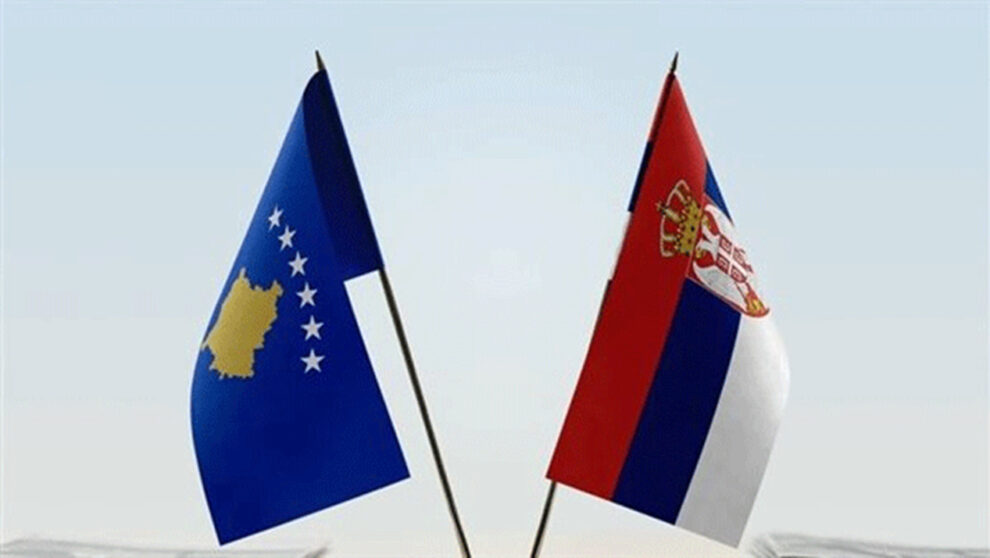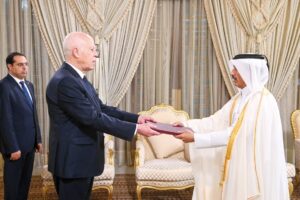Le Monde Diplomatique confirmed that the West is pushing Serbia and Kosovo to normalize relations, and said: On February 27, Serbian President Aleksandar Vucic and Kosovo Prime Minister Albin Kurti agreed to the framework agreement proposed by the European Union to normalize relations between their two countries.
On March 18, after 12 hours of negotiations, they also agreed to the annex to the agreement – a plan to implement the commitments made under previous agreements, but neither party signed the documents, but the European Union’s High Representative for Foreign Affairs Josep Borrell published them. , declaring that both parties accepted it without changes and are committed to implementing it immediately.
Le Monde Diplomatique: Serbia can no longer count on Russia’s support.
Western governments view the Ukraine war as a force to accelerate European construction, an opportunity to strengthen relations with the Balkans, and an attempt to reduce Russia’s influence in the region.
Indeed, Serbia can no longer count on Russia’s support, even though it is neutral and has not yet refused to join the sanctions.
The inspiration for the framework agreement was the 1972 Basic Treaty between the former East and West Germany.
In 1969, the newly elected West German Chancellor Willy Brandt instituted a policy of peaceful coexistence towards Eastern Europe, with the aim of normalizing and humanizing relations.
Although it did not recognize the GDR as a state under international law (in order to keep open the option of future reunification), it de facto recognized the existence of another Germany, and the Germans joined the United Nations a few months later.
The new framework agreement was drafted by Emmanuel Bonn and Jens Plotner, diplomatic advisers to French President Emmanuel Macron and German Chancellor Olaf Scholz respectively, and Miroslav Lajcak, the EU’s special representative to the Belgrade-Pristina dialogue, and was popularly known as the “Franco”-German plan, before To become a European proposal backed by the United States, which includes points that have been under discussion for more than 20 years, including the 2013 and 2015 Brussels agreements.
Serbia will not object to Kosovo’s membership in any international organization.
Its main innovation is the fundamental importance the European Community attaches to two (related) developments since the 1998-1999 war: the emergence of the state of Kosovo, and the fact that the Serb communities in Kosovo had their own unique identity and maintained close ties with Belgrade.
The two parties (Serbia and Kosovo) agree to develop normal, good-neighborly relations with each other on the basis of equal rights. Serbia will not object to Kosovo’s membership in any international organization; Kosovo will work to ensure an appropriate level of self-administration for its Serb community and accept the possibility of Serbia providing support in specific areas, including financing. France has proposed a precise timetable for the implementation of the agreement, as Kosovo begins negotiations immediately to determine the status of the Association of Serb majority municipalities; A joint committee will be formed to monitor the implementation of the agreement within 30 days, and the two parties agree not to prevent the implementation of any of the articles.
Source: midline-news
















